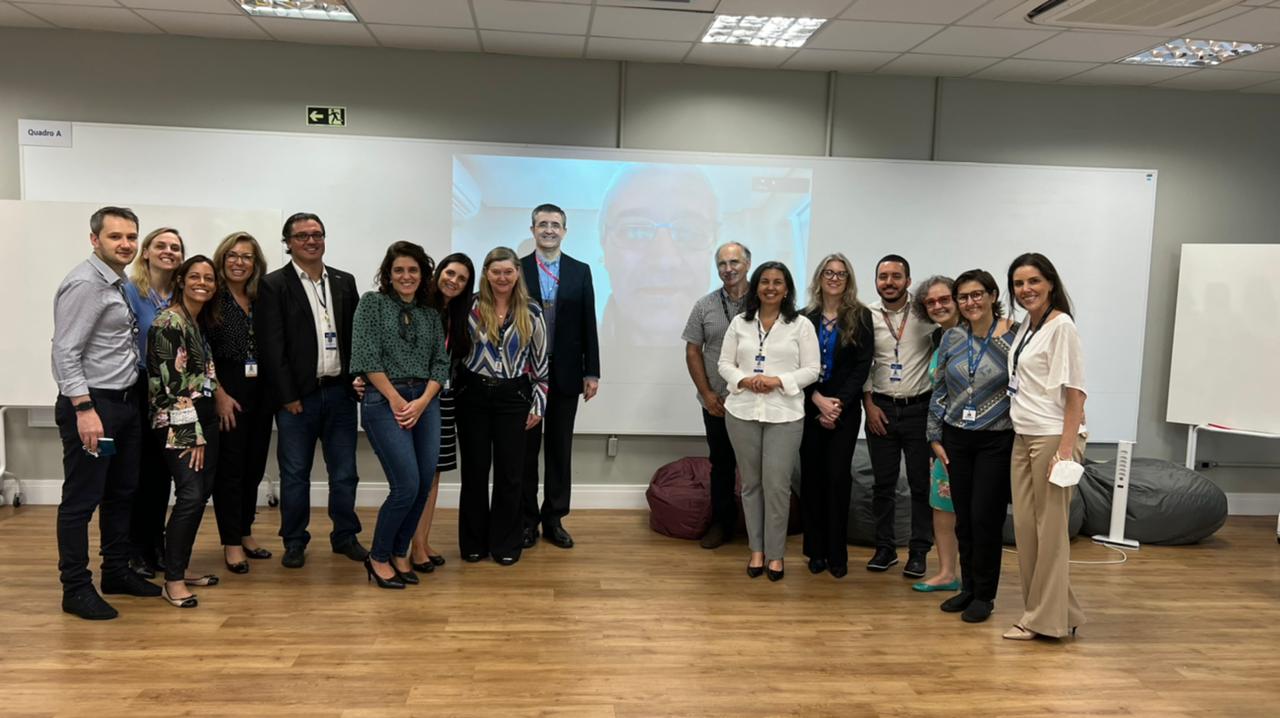
Formation program for Marist leaders
On the 27th March, in Porto Alegre, Brazil, the teachers who will lead the formation program “Marist Leaders – Servant, prophetic and qualified leadership” were presented. The program is promoted by the Marist Institute in collaboration with the Pontifical Catholic University of Rio Grande do Sul (PUCRS). Brother Manuir Mentges, Vice-Rector, represented the PUCRS. Brother Luis Carlos Gutiérrez, Vicar General, was present on behalf of the General Administration of the Institute.
The course is intended for leaders of the Marist Administrative Units working in the strategic areas of mission development and will have 50 participants. The first edition, held this year, will be in Portuguese and Spanish. Another program is planned for next year, aimed at the English and French speaking public.
The course has two fundamental objectives:
- To foster, through training and accompaniment (even professional), a solidary mentality that privileges co-responsibility, transparency, efficient and effective management and sustainability.
- To promote a leadership of service that is open and trained to meet the emerging realities of our Institute and the world.
The contents will be worked in hybrid form, online and in presence. The first part, which will open on May 13, will take place online through October. From October 3 until October 15, the participants will meet in Porto Alegre for the session in presence.
Program’s content
The Marist Leadership Formation Program will be based on the content of the book “Marist Voices” presented during the General Conference and currently being published in the 4 languages used by the Marist Institute. The program is distributed in the following blocks
1. Servant Leadership: Introduction, concept and characteristics
2. Servant leadership, innovation and change processes
3. Servant leadership and community building (communication and interpersonal relationships).
4. Servant leadership and project development (processes and tools)
5. Leadership, new normality and networking
6. Servant leadership, “foresight” and strategic planning
7. Leadership and co-responsibility (indicator-based evaluation)
8. Servant leadership, ethical and moral foundations (ethical responsibility)
9. Servant leadership and sustainability.
10. Servant leadership: education, mission and pastoral care
11. Servant leadership, spirituality and charismatic identity.
